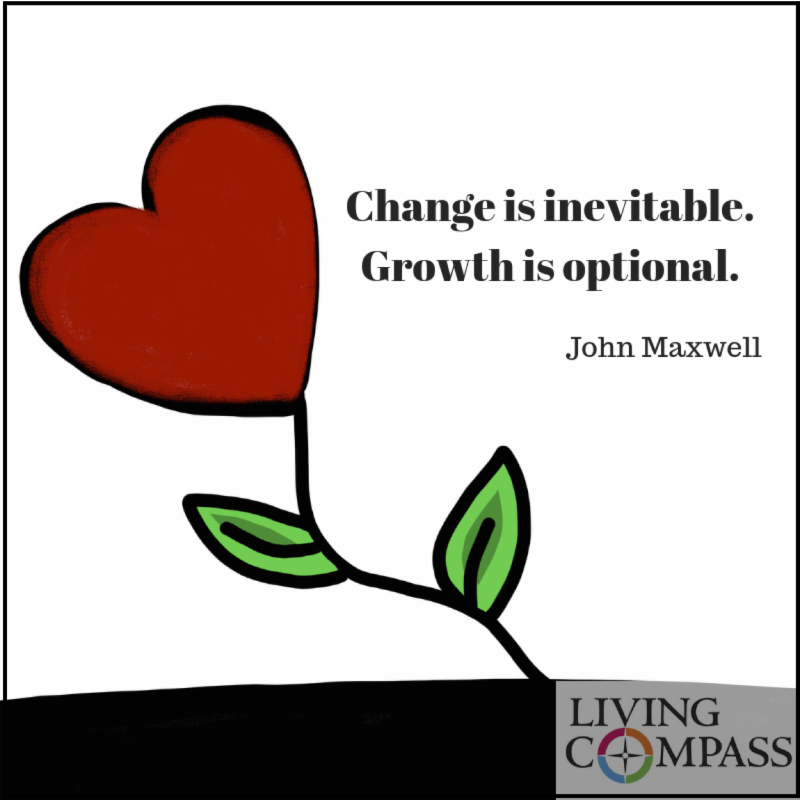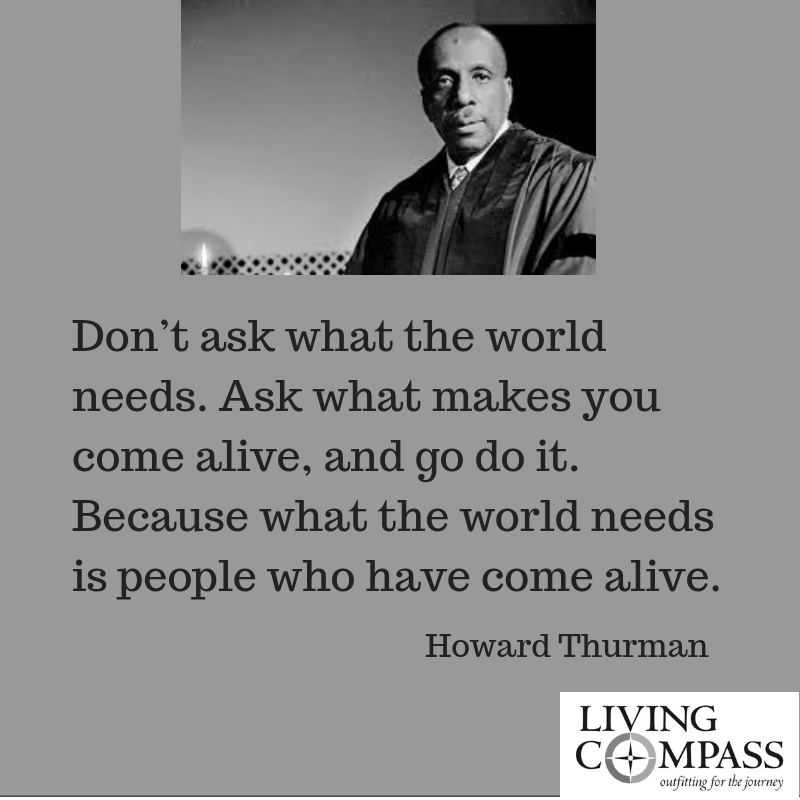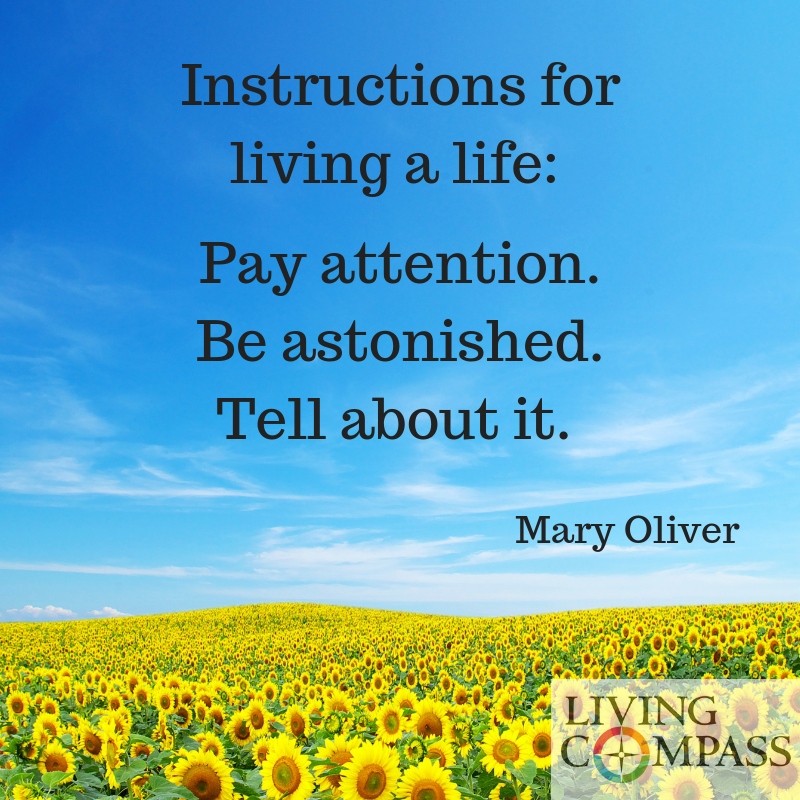Change is Inevitable. Growth is Optional.
The above quote, "Change is inevitable. Growth is optional" from author John Maxwell, is one of my favorites. Maxwell writes leadership books and so it is natural that the wisdom of this quote is often applied to organizations and businesses. In honor of Valentine's Day approaching, though, I would like to reflect on its meaning as it pertains to love and relationships.
All relationships change, because change is inevitable. This is true of all relationships, whether they be with family, friends, or if they are romantic. While every relationship experiences change over time, not all relationships experience growth. Why? Because, as the Maxwell quote says, growth is optional. Growth only happens when both people in any relationship are committed to the ongoing emotional and spiritual growth that a mature relationship requires. Growth occurs when both people can see conflict and difficult times simply as occasions and opportunities for growth and for learning new individual and relationship skills. What does a committed student do when they come up against a problem they don't understand or can't solve? They work harder to figure it out, and in the process, they grow in their skill and knowledge. The same is true when both people in a relationship are willing to treat problems as opportunities to gain new knowledge and skills.
One of my favorite bits of wisdom to share when counseling young couples is that love is much more than a feeling and that actually, love is primarily a decision. It is so important to remember this in the midst of the constant images and messages we get through television and movies that focus primarily on love as a feeling. If love is primarily about feelings, then what do we do when the feelings naturally ebb and flow? Understanding that mature love is a decision is what helps us commit to persevering and growing, especially when we are experiencing challenges in our relationships and are not currently experiencing a lot of the feelings of love.
Imagine a person walking into their local gym and saying to a personal trainer, " I want to get stronger, more flexible, and overall just get in better shape." The trainer would, of course, respond that they could help with that. Now imagine, the person added, "And I would like to receive these results without having to work at it, without feeling any discomfort as part of the process." It is easy to see that this is not going to work. When it comes to relationships, if the two individuals in the relationship want the feelings of love without committing to the decision to do the work, it is bound to fail. All significant relationships require both people committing to working on the relationship, in order for it to grow and mature.
Change is inevitable. We don't have to make a decision for change to happen. It happens with or without our consent. Growth is what is optional, it only happens with our consent and when we make the decision to grow.
While this wisdom is true for organizations and businesses, let's remember, in honor of Valentine's Day, that it is also true for all of the significant relationships in our lives.
Subscribe Now to Weekly Words of Wellness:
Click the button below to signup for the e-mail version of Weekly Words of Wellness. This weekly article can be shared with your community electronically and/or used for group discussion.
You can unsubscribe at any time.




